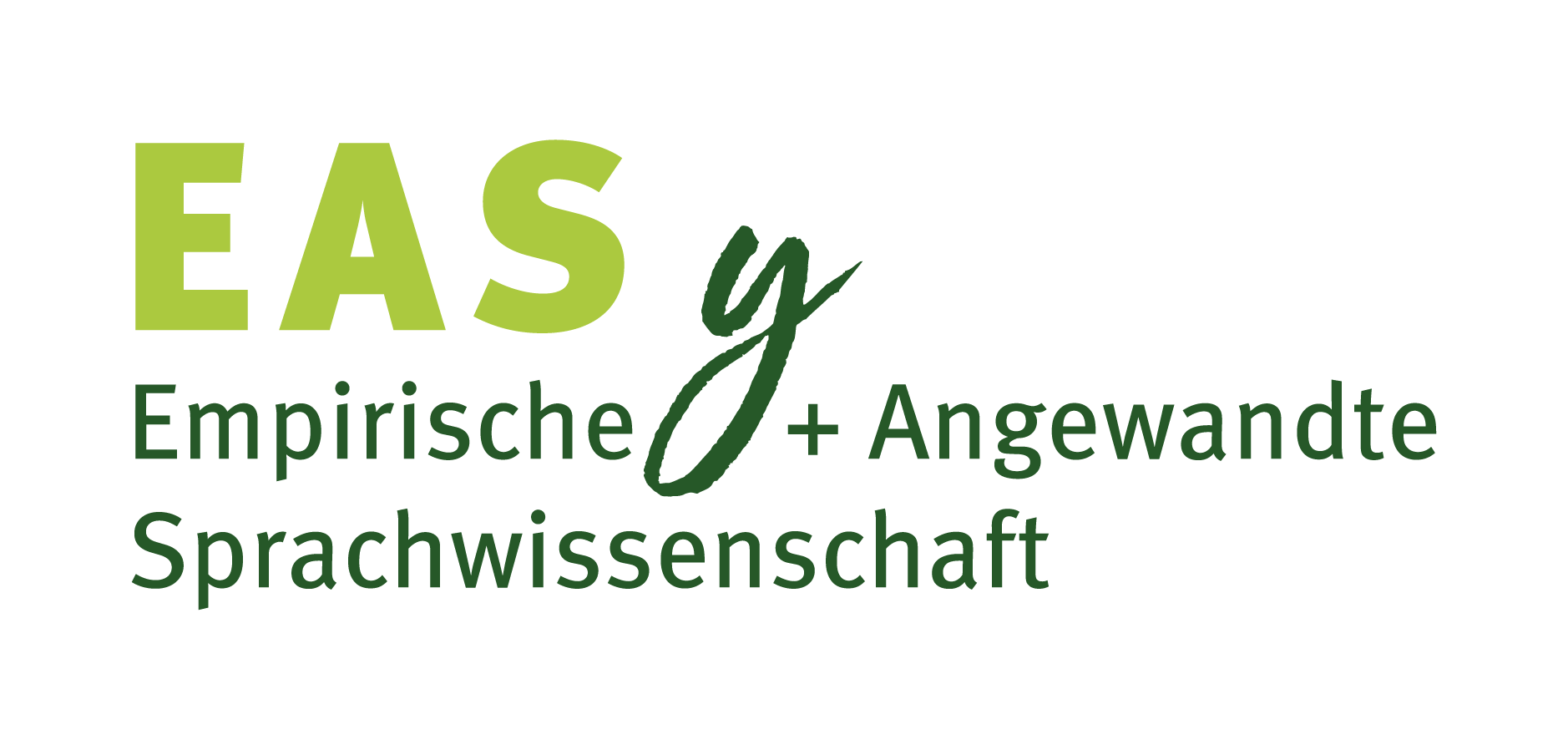English Linguistics
Objective
Specializing allows students to focus their studies on one of the linguistic disciplines. English Linguistics is one of the specialization options. The module builds on the knowledge acquired in the compulsory modules and is complemented by elective courses and the practice module. The master's thesis is written in the subject area of the specialization module.
Course contents
On the basis of synchronic and diachronic approaches, students acquire in-depth knowledge of the structure and historical development of English, standard forms and varieties of the language, and its dynamic character as a world language. In the lecture and seminars, students deal with historical, social, dialectal, situational, and/or register-specific variation in English, with its acquisition and use in multilingual contexts, and with the collection and analysis of linguistic data of different written or oral forms. In the two seminars, students get acquainted with linguistic research literature, learn about the procedures of empirical research, and become familiar with various methods both theoretically and practically. In addition to need-based feedback and support for the individual research projects, the following cross-project aspects are central with regard to research-based learning: identifying topics; formulating research questions after reviewing and critically reflecting on relevant research literature; learning or deepening knowledge of various empirical research methods; learning or deepening knowledge of various data collection methods including with the help of digital survey tools (e.g. online surveys, digital linguistic corpora, tools for analyzing social media, etc.); learning about methods of data analysis (e.g. statistical programs, language analysis software, programs for linguistic annotation); and acquiring necessary scientific writing skills (structure and outline of a linguistics paper; academic integrity; and scientific standards with regard to data collection and analysis).
Learning Outcomes
Students will have in-depth knowledge of selected areas of English linguistics and various methods of empirical linguistics (data collection, data analysis). They will be able to deal with authentic language data and to recognize and reflect on the historical, contextual and social situations of written and spoken language. They will have skills in linguistic description and analysis of the language levels of English and English in context, and they will have knowledge of different types of linguistic variation and the acquisition and use of English in multilingual contexts. Students will have further developed their ability to classify and critically examine individual topics in their overall context. Furthermore, they will have refined their linguistic ability to conduct arguments and be able to use specialized vocabulary in the target language. They will be able to explore a field of research on the basis of the available literature, to formulate relevant research questions derived from it, to independently conduct an empirical research project, and to appropriately present and reflect on the results.


